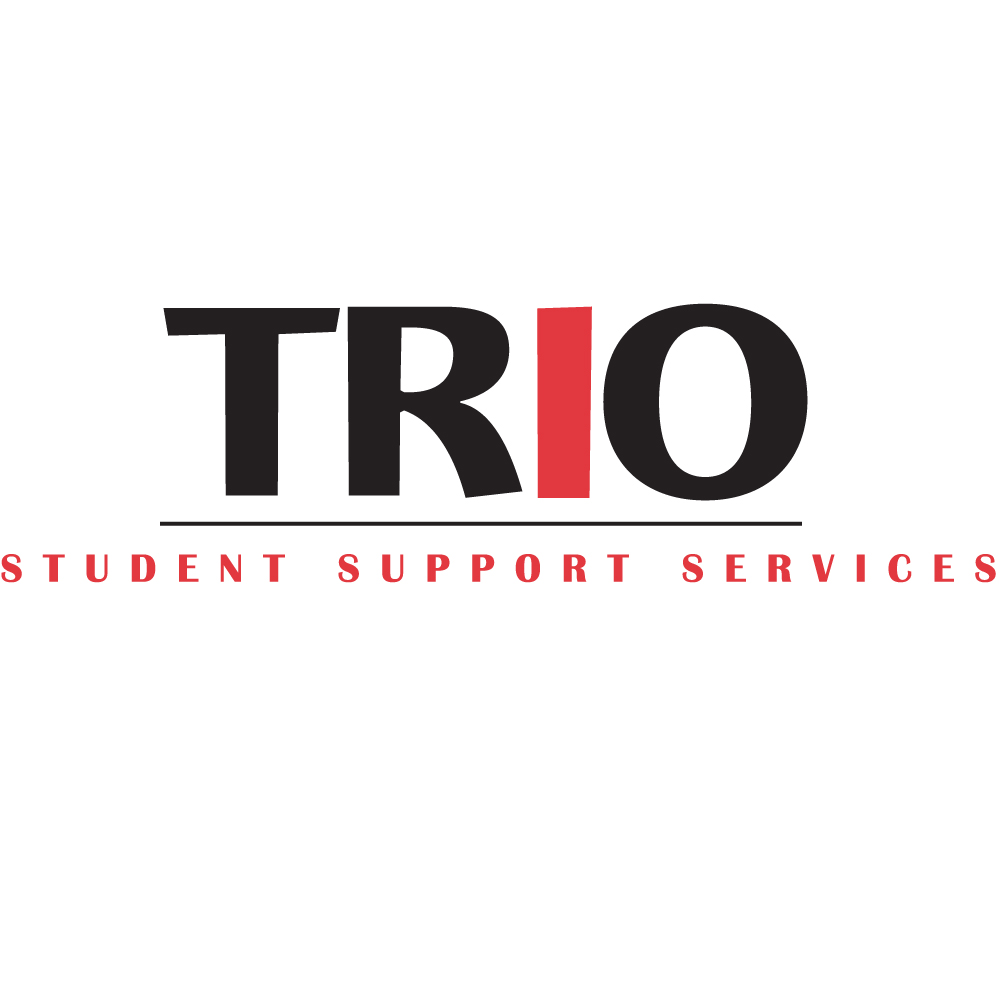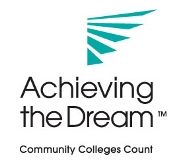
This blog focuses on my scholarship in my five research projects: learning assistance and equity programs, student peer study group programs, learning technologies, Universal Design for Learning, and history simulations. And occasional observations about life.
CHANGING EQUATIONS: How Community Colleges Are Re-thinking College Readiness in Math
 Complete Report available to download, http://www.learningworksca.org/wp-content/uploads/2013/10/LWBrief_ChangingEquations_WEB.pdf
Complete Report available to download, http://www.learningworksca.org/wp-content/uploads/2013/10/LWBrief_ChangingEquations_WEB.pdf
From the Executive Summary: Because of their high enrollment and generally low completion rates, community colleges have been identified as central to efforts to improve higher education outcomes. But that improvement won’t be realized unless more students succeed in math. Together, the high proportion of community college students requiring math remediation, and the relatively low proportion who succeed in required remedial sequences, make placement in developmental math one of the single greatest barriers to college completion. Only 20 percent of students who place into remedial (also known as developmental) math courses ultimately complete the remedial sequence and pass a college-level math course - such as college algebra or statistics - that is required to graduate or transfer.
An increasing number of colleges in California and nationally are involved in experiments aimed at improving, reforming, or even eliminating math remediation in community colleges. This includes a new movement to construct alternative pathways for the majority of community college students, those whose educational goals may not require a second year of algebra. Through LearningWorks’ efforts to strengthen student achievement in the California Community Colleges, it has become clear that practitioners involved in such experiments are eager to learn about parallel efforts, and those not yet involved are curious about the work underway, whether in California or elsewhere in the nation.
LearningWorks commissioned this report, Changing Equations, to address those needs. Critics argue that intermediate algebra unnecessarily hinders some students pursuing degrees in fields such as English, history, art, and political science from ever graduating. The new pathways for non-STEM (science, technology, engineering and math) students are course sequences including both remedial-level courses as well as credit-bearing gatekeeper math courses. Many of these new sequences stress skills in statistics or quantitative reasoning, which proponents say serve most students better in their lives and careers than does high-level algebra. While the de-emphasis on intermediate algebra remains controversial, the math pathways movement resonates with other initiatives to focus community college students’ education around structured pathways leading toward careers.
These experiments are informed by findings emerging from both research and practice that are starting to shift the understanding of math readiness. At the heart of that evolution are four key insights:
- Math is a hurdle for the majority of community college students. Roughly 60 percent of community college students are placed in developmental math courses.
- Most students deemed “unready” in math will never graduate. Only 20 percent of students who place into developmental math complete a required gatekeeper course in math.
- The tests used to determine readiness are not terribly accurate. Research has estimated that as many as a fifth of students placed into remedial math courses could have earned a B or better in a college-level course without first taking the remedial class.
- The math sequence required by most colleges is irrelevant for many students’ career aspirations. According to research, about 70 percent or more of people with bachelor’s degrees do not require intermediate algebra in their careers.
Collaborating TRIO Student Support Services and Other College Support Programs
 Hanover Research (2013) provides an overview of campus organizational models that are conducive to a holistic approach to success for all students. Then they present in depth profiles of five institutional approaches to collaboration between and/or integration of federally-funded TRIO Student Support Services with institutionally-funded tutoring, academic advising, and First Year Experience programming.[Click this link to download a copy of the report].
Hanover Research (2013) provides an overview of campus organizational models that are conducive to a holistic approach to success for all students. Then they present in depth profiles of five institutional approaches to collaboration between and/or integration of federally-funded TRIO Student Support Services with institutionally-funded tutoring, academic advising, and First Year Experience programming.[Click this link to download a copy of the report].
We Connect Now, Website for Issues Related to College Students with Disabilities
 Our Mission – We Connect Now is dedicated to uniting people interested in rights and issues affecting people with disabilities, with particular emphasis on college students and access to higher education and employment issues. [Click on this web link to access the We Connect Now web site.]
Our Mission – We Connect Now is dedicated to uniting people interested in rights and issues affecting people with disabilities, with particular emphasis on college students and access to higher education and employment issues. [Click on this web link to access the We Connect Now web site.]
One of the goals of this site is to help college students with disabilities to succeed in their studies by getting the information and support they need, both through resources, links, blogs latest news, studying existing laws and regulation and through personal contacts. Through this website people can also share and read other people’s stories as a source of support and comfort. We also want people using our webpage to take action by writing blogs, hosting an event or becoming involved in politics by knowing about upcoming legislation. Also, every month our webpage will focus on a particular disability or condition to bring our visitors more information and support related to our focus of the month. Through our jobs section, we also hope to help empower people with disabilities find employment through job posting and job searching tips, and if people have any questions we encourage them to contact us. The goal of this site is that people leave it having gained knowledge, a support system and having taken action. We were founded in 2008.
Saving Developmental Education - Huffington Post Online
 "....The national dialogue exclaiming that developmental education programs do not work is not only a false declaration but a futile approach to improving student persistence and ultimately degree completion. A number of states have withdrawn support for developmental education courses based on the notion that they are expensive, ineffective, and do not belong in four-year colleges and universities. In a few instances, state scholarship programs no longer allow funds to be used to take developmental education courses. Improving degree completion, however, will require institutions to serve students more effectively and a policy environment that does not marginalize developmental education or attempt to relegate it to community colleges...." [Click on this link for the entire article from the Huffington Post.]
"....The national dialogue exclaiming that developmental education programs do not work is not only a false declaration but a futile approach to improving student persistence and ultimately degree completion. A number of states have withdrawn support for developmental education courses based on the notion that they are expensive, ineffective, and do not belong in four-year colleges and universities. In a few instances, state scholarship programs no longer allow funds to be used to take developmental education courses. Improving degree completion, however, will require institutions to serve students more effectively and a policy environment that does not marginalize developmental education or attempt to relegate it to community colleges...." [Click on this link for the entire article from the Huffington Post.]
Achieving the Dream Intervention Showcase Opens for Use

The database is composed of nearly 500 interventions from over 100 of the official Achieving the Dream colleges. The database can be used by anyone, but only ATD member institutions can access the contact person at the institution for more information about the intervention. In any case, it is still valuable to see what others are doing and the brief descriptions are helpful to guide anyone with their search of interventions that perhaps fit a particular kind of institution and serving a specific demographic group.
Congratulations to ATD for making their vast knowledge base morer accessible. Perhaps in future years the database will be expanded with more information and perhaps providing the contact person for the institution. A little sleuthing at the institution's web site or calling general telephone for the college might aim you to the correct person or least the sponsoring unit.
Using the Interventions Showcase, you can browse and search by:
Content Area (e.g. English, Math)
Type (e.g. Advising, First-Year Experience)
Target Population (e.g First-Time Students)
IPEDS Institutional Characteristics (e.g. Locale, Size)
Background on ATD:
- Mission: Achieving the Dream is a national reform network dedicated to community college student success and completion; focused primarily on helping low-income students and students of color complete their education and obtain market-valued credentials.
- Vision: To lead the most comprehensive, evidence-based reform movement for community college student success in higher education history, resulting in significantly improved lives and greater global economic competitiveness for the United States.
- Values: Evidence-based, student centered, and built on the values of equity and excellence, Achieving the Dream, Inc. embraces continuous improvement, fosters creativity and innovation, and operates with transparency and respect.
Strategies to Boost Enrollment of Low-Income, High-Ability Students in Selective Admissions Colleges
 From the New York Times: "The group that administers the SAT has begun a nationwide outreach program to try to persuade more low-income high school seniors who scored high on standardized tests to apply to select colleges. The group, the College Board, is sending a package of information on top colleges to every senior who has an SAT or Preliminary SAT score in the top 15 percent of test takers and whose family is in the bottom quarter of income distribution. The package, which includes application fee waivers to six colleges of the student’s choice, will be sent to roughly 28,000 seniors...."
From the New York Times: "The group that administers the SAT has begun a nationwide outreach program to try to persuade more low-income high school seniors who scored high on standardized tests to apply to select colleges. The group, the College Board, is sending a package of information on top colleges to every senior who has an SAT or Preliminary SAT score in the top 15 percent of test takers and whose family is in the bottom quarter of income distribution. The package, which includes application fee waivers to six colleges of the student’s choice, will be sent to roughly 28,000 seniors...."
From the Chronicle of Higher Education. The author is the governor of Delaware. Some of solutions being enacted in the state are similar to those used in TRiO programs for decades. It is good to see embracement of the TRiO practice, better yet to see them reference the pioneering work of the TRiO community. The whole article is available by clicking this web link or by going to the Chronicle web site.
"A recent study by the Stanford economist Caroline M. Hoxby and Christopher Avery, of Harvard's Kennedy School of Government, found that academically qualified, low-income students are far less likely to apply to or attend the nation's most selective colleges than their higher-income counterparts are. Only 34 percent of high-achieving high-school seniors in the bottom quarter of family income went to one of the 238 most selective colleges, compared with 78 percent of students from the top quarter. Those who underestimate their qualifications graduate from college far less frequently and lose out on career opportunities—and we as a society lose out on the contributions they could make.
Recognizing the role a college education can play in lifting young people out of poverty, I am distressed that we have students from those backgrounds—many of whom would be first in their family to go to college—who have earned the chance to pursue a degree but don't realize it and, thus, never reach their full potential. Many times they don't even apply to college, because they think they can't afford it and they don't have anyone telling them it is possible.
The good news is that research shows we can change this trend simply by better informing these students. In Delaware last month we announced that the College Board would send information on college affordability and financial aid, as well as materials to help with choosing colleges, to all seniors whose high-school work demonstrates that they are ready for college.
Additionally, low-income students will receive application-fee waivers, which have traditionally been far too complicated to obtain. And our highest-achieving low-income students will find a letter signed by all of the Ivy League schools, Stanford, and MIT, congratulating them on their achievements, encouraging them to apply, and letting them know that many low- and moderate-income students attend those institutions at no cost."
Resource for First-Generation College Students
I'm First is an online community for first-generation college students—and their supporters. Hear inspiring stories and share your own, discover colleges that care about first-gen students, find answers to your questions about college, and receive guidance on the road to and through college. I'm First is a winner of the College Knowledge Challenge, a competitive grant initiative sponsored by the Bill and Melinda Gates Foundation, Facebook, College Summit, and King Center Charter School. [Click on this link for theI'm First web site].
